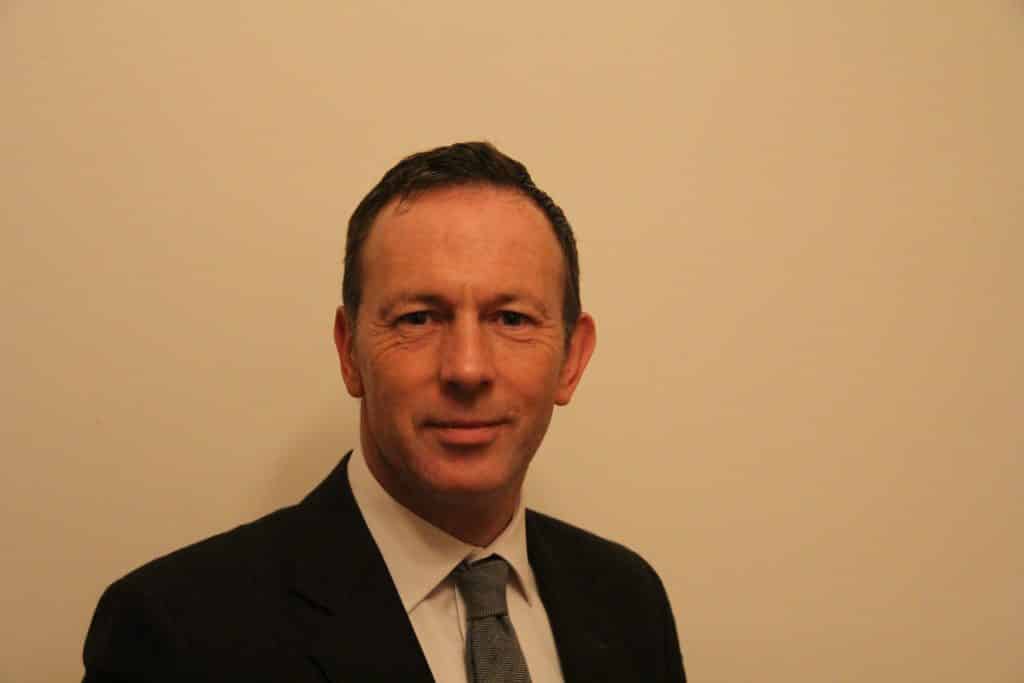When you first start your business, having one bank account may have been enough to handle your financial needs. Now that you’ve grown, you’re wondering if it’s time to consider a joint bank account for your business.
Opening a joint bank account could make it much easier to handle your business’ financial needs.
Have you never had a joint bank account? Are you curious about the benefits and disadvantages of having one?
We’re going to give you a quick rundown on what you need to know about having a joint account.
What Is a Joint Bank Account?
The concept of a joint bank account isn’t difficult to understand. Essentially, a joint bank account can allow different account holders to deposit and withdraw money.
In terms of function, there isn’t much difference between having a joint bank account and a regular bank account for your business.
Each account holder will have their own chequebook and debit card that can allow them to make purchases or take out money at ATMs.
They’ll be able to access their account online and have all of the regular functions associated with a normal account.
Most joint bank accounts only have two account holders like spouses or two business partners, but you don’t have to stop at giving only two people access. You can open a joint bank account with three people, five people, or as many as you desire.
Joint Bank Account Pros
Opening a joint bank account with your business partner can have a lot of benefits.
If you’ve been on the fence about whether or not opening one is the right thing to do, take some time to learn about all of the different ways having a joint account can help you and your business partner.
Transparency
Does it occasionally feel like you and your partner are on completely different pages when it comes to finance? Opening a joint bank account can give you some much-needed insight into your spending and cash flow.
It’s easy to say that you’ll always let someone know when you make a big withdrawal or deposit, but emergencies and last-minute purchases do happen.
Juggling multiple bank accounts for one business can start to be a little tricky. Eventually, you’ll start to lose track of what’s in each account.
When you have a joint account, you and your business partner can handle making all of your purchases and manage all of your business expenses out of one account. It’ll make paying bills and managing finances a lot easier.
Having two sets of eyes on the same account can also be helpful when you’re balancing the books and making purchasing decisions.
You may think that you’re able to make a purchase, but your partner can double-check your numbers to be completely sure.
Speed
You’ve found the perfect office space for your growing team and the realtor you’re talking to wants you to make an offer fast. Unfortunately, your partner has your bank account information, and they’re on vacation for the next 10 days.
Working out of a single bank account can seriously slow down some of the work and decisions you want to make.
When you have a joint account, you won’t have to worry about delaying any important purchasing decisions. As long as you have your account information, you can make purchases whenever you want.
Extra Insurance
You’d like to think that every deposit you make is foolproof, but you never know what can go wrong.
The person that wrote you a cheque may have miscalculated how much they have in their account. It’s even possible that the bank itself could have problems with clearing deposits.
You may not know this, but both the FDIC and NCUA provide $250,000 of federally backed insurance coverage for each depositor. This is done in case of bank failure.
If you open a joint account with your business partner, that $250,000 will turn into $500,000. This can give you some extra much-needed protection in case anything goes wrong.
Joint Bank Account Cons
So far it may seem like opening a joint account could be the best thing you do for your business, but it isn’t for everyone.
There are plenty of benefits that come with having a joint account, but there are downsides too. Before you decide on opening your joint account, make sure you keep these potential downsides in mind.
No Individual Protection
Depending on how you set up your account, creditors could have the ability to claim funds in your shared account.
If your partner is going through financial trouble or a legal matter like a divorce or lawsuit, the money you have in your joint account could be used to settle legal matters.
You may have deposited the vast majority of the money into the account, but since the account will be in both of your names, you could lose money if creditors come after your partner.
Security Concerns
If you give more than one person access to your secure bank account, you’ll leave yourself open to potential problems with security.
Your business partner may accidentally lose their wallet or have it stolen. Someone getting a hold of their debit card could be enough to drain the money you have.
Physical things don’t have to be stolen for your account to be compromised. Logging in to your bank account of a public device and forgetting to log out could be enough to put your business finances at risk.
Choose Wisley
Ultimately, you should only open a joint bank account with your business partner if you truly trust them.
You won’t want to share a joint account with someone that has a history of making bad money decisions, isn’t responsible, or could have serious legal trouble on the horizon.
Do you have more questions about baking for your business? We have a lot of helpful content that can help business owners make the best decisions possible around their banking needs.
Be sure to browse all of the content in our banking tagged posts so you can learn everything you need to know about banking when you own a business.









